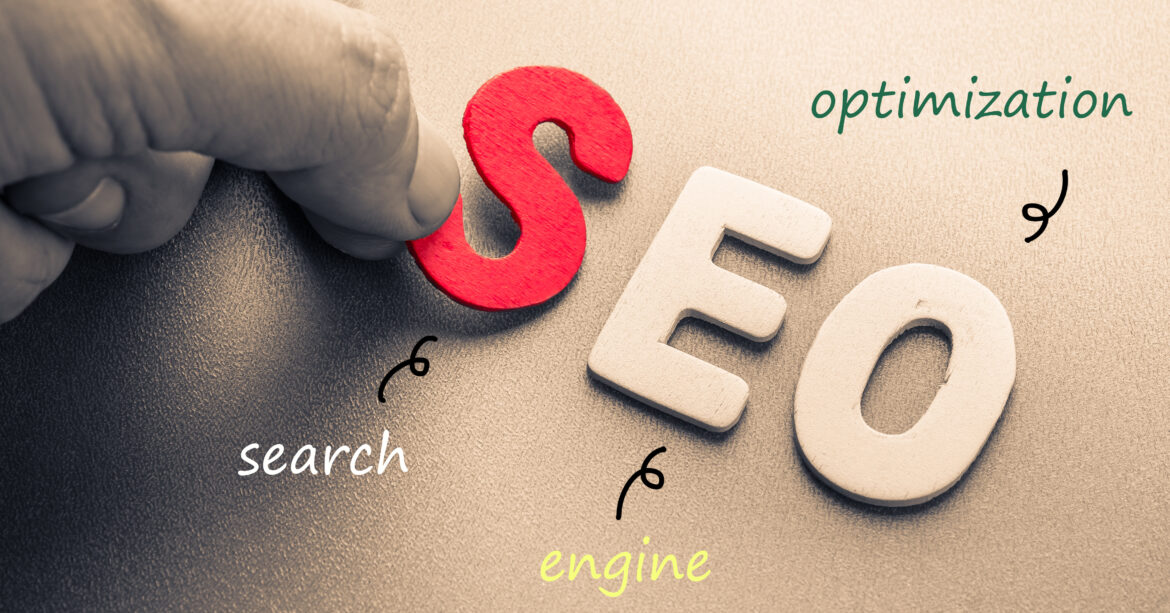Enhancing Website Conversions: SEO-Focused Strategy Guide
Optimizing your website for higher conversion rates is essential in the competitive online environment. This detailed guide will provide you with actionable steps to increase your website’s conversion effectiveness while prioritizing Search Engine Optimization (SEO) throughout the process.
Understanding the Intersection of Conversion Optimization and SEO
Conversion optimization and SEO are two sides of the same coin. The former involves making changes to your website to increase the percentage of visitors who take a desired action, such as purchasing or signing up for a newsletter. SEO, on the other hand, aims to improve your site’s visibility on search engine results pages to attract more traffic. When these strategies are used together, they can significantly enhance your website’s overall performance.
1. Conduct a Thorough Website Audit
Start with a comprehensive audit of your website to assess its current performance, focusing on both SEO and user experience (UX). Identify issues that could be hindering your site’s effectiveness, such as slow load times, poor navigation, or lack of responsiveness. Tools like Google Analytics and SEMrush are invaluable for gaining insights into where improvements are needed.
2. Boost Your Website’s Loading Speed
A website’s loading speed is a vital factor for both SEO and conversion rates. Even slight delays can lead to increased bounce rates and fewer conversions. To improve loading speed, consider compressing images, using browser caching, and reducing heavy script usage. Tools like Google’s PageSpeed Insights can offer specific recommendations for making your site faster.
3. Prioritize Mobile-First Indexing
Given Google’s emphasis on mobile-first indexing, ensuring your website is responsive and mobile-friendly is essential. A responsive design adjusts to various screen sizes, improving ranking in search results and enhancing the user experience, which in turn can lead to more conversions.
4. Apply On-Page SEO Techniques
Effective on-page SEO helps make your website more accessible to search engines and users alike. This includes optimizing elements like title tags, meta descriptions, header tags, and images. Incorporate relevant keywords throughout your content to improve search visibility, but avoid overuse, which can harm your SEO efforts.
5. Streamline Website Navigation for Better User Experience
Clear and intuitive website navigation is key to a positive user experience, encouraging longer visits and higher conversion rates. Simplify your website’s structure to ensure that important information is readily accessible. Clear calls-to-action (CTA) on each page can guide users toward your conversion goals.
6. Develop Engaging, Relevant Content
Creating compelling content attracts and retains visitors, increasing the likelihood of conversions. Diversify your content types to include blog posts, videos, and infographics that address your audience’s needs and interests. Keeping your content fresh with regular updates encourages repeat visits.
7. Leverage Social Proof and Testimonials
Incorporating customer testimonials, reviews, and case studies can greatly influence conversion rates by building trust and credibility. Highlighting social proof on your website can also boost SEO and conversions by increasing user engagement and time spent on the site.
8. Implement A/B Testing for Continuous Improvement
A/B testing allows you to compare different versions of a web page to see which performs better in terms of converting visitors. Experiment with various elements, such as CTA buttons and page layouts, to find what resonates best with your audience. Ongoing testing and refinement are crucial for enhancing your website’s conversion rate.
Wrapping Up
Optimizing your website for higher conversions is a dynamic process that integrates SEO and conversion optimization strategies. By focusing on user experience, quality content, and continuous testing, you can increase your conversion rates and achieve your business goals. Optimization is a continuous journey, with success relying on keeping abreast of evolving trends and best practices in both SEO and conversion optimization. Start applying these strategies now to turn your website into an effective conversion engine.


